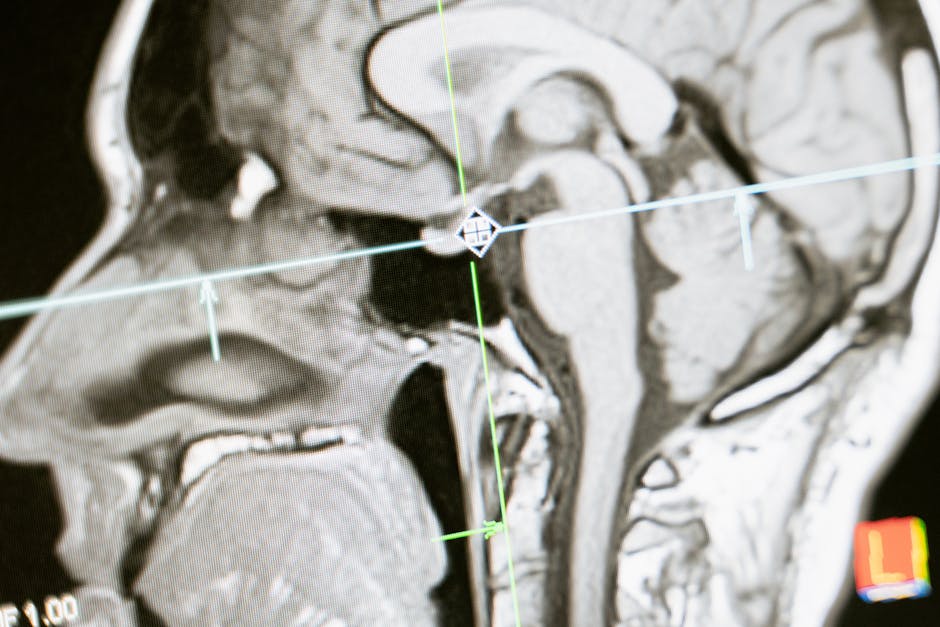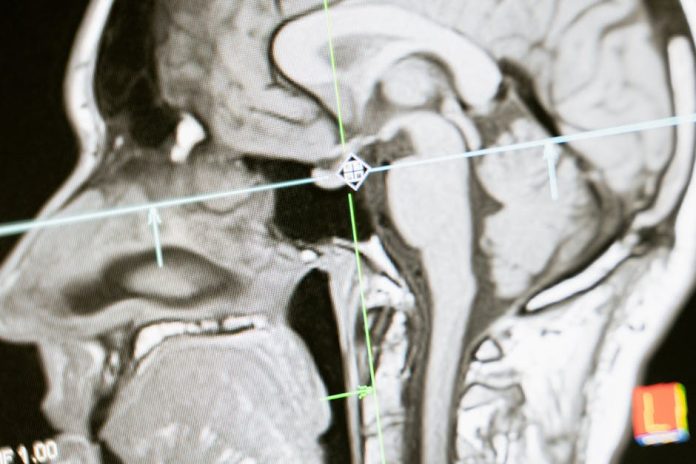
Imagine going for a routine CT scan for your lungs, abdomen, or even your spine, only to discover it holds a secret that could save your life. For years, countless subtle indicators of hidden heart disease have been captured in these scans, yet often went unnoticed because they weren’t the primary focus. But thanks to a groundbreaking leap in artificial intelligence, that’s all about to change.
Heart disease remains the leading cause of death globally, and often, its progression is silent until it’s too late. While dedicated cardiac CT scans are excellent for heart assessment, many general CT scans taken for other reasons incidentally capture images of the heart and surrounding arteries. These incidental views, however, are usually not meticulously scrutinized for cardiovascular risks by radiologists whose main focus is elsewhere.
This is where the revolutionary AI steps in. Researchers have developed sophisticated AI algorithms capable of sifting through these ‘incidental’ CT scan images – even old ones – to detect subtle yet crucial signs of cardiovascular disease. The AI can identify things like coronary artery calcification (a strong indicator of plaque buildup and future heart risk), arterial stiffness, or even early signs of aortic issues, which might be missed by the human eye or simply not flagged because they weren’t what the scan was initially ordered for.
Think of it as a super-smart detective meticulously examining crime scene photos that everyone else overlooked. This AI is trained on vast datasets of cardiac scans and patient outcomes, allowing it to recognize patterns and anomalies that correlate with increased heart attack risk. What was once considered ‘background noise’ in a lung or abdominal CT scan is now becoming a critical data point for proactive heart health.
The implications are profound. This technology means that millions of existing CT scans could be re-evaluated, potentially identifying at-risk individuals *before* they experience symptoms or a major cardiac event. Early detection opens the door for timely interventions: lifestyle changes, medication, or further targeted diagnostic tests. It shifts the paradigm from reactive treatment to proactive prevention, transforming a standard diagnostic tool into a powerful predictive one.
This isn’t science fiction; it’s the future of personalized medicine unfolding now. As AI continues to integrate into healthcare, your next CT scan – regardless of its initial purpose – could be silently analyzed by an intelligent system working to keep your heart healthy, ensuring no hidden risk goes unnoticed. It’s a promising step towards a world where heart attacks are predicted and prevented, not just treated.

